Why tourists have been banned from Komodo dragon island
Problems include smugglers stealing the lizards to sell on Facebook
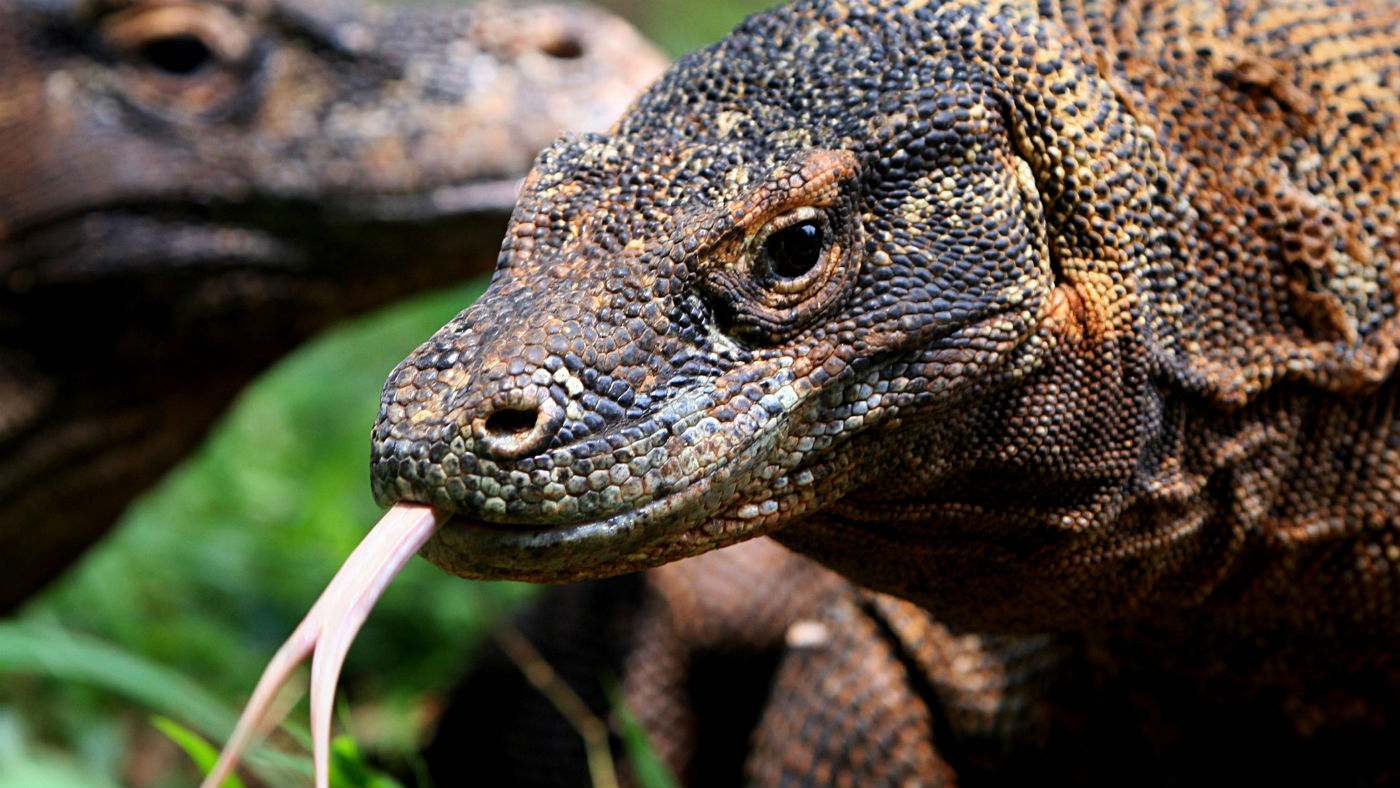
A free daily email with the biggest news stories of the day – and the best features from TheWeek.com
You are now subscribed
Your newsletter sign-up was successful
An Indonesian island that is home to the Komodo dragon is closing its doors to tourists from next January in a bid to prevent illegal smuggling.
Each year thousands of visitors flock to Komodo Island, in East Nusa Tenggara province, to see the giant lizards, but now the authorities say they will shut off access temporarily as part of a conservation effort. It is unclear how long the closure will last but experts believe the project, which will include planting native vegetation to bolster the specie’s food supply, could take up to a year.
The move follows the arrests last month of five people in connection with smuggling Komodo dragons and other protected species out of Indonesia. The suspects are accused of selling at least 41 Komodo dragons abroad via Facebook, for use in traditional medicine, charging the equivalent of £26,500 for each of the rare creatures.
The Week
Escape your echo chamber. Get the facts behind the news, plus analysis from multiple perspectives.

Sign up for The Week's Free Newsletters
From our morning news briefing to a weekly Good News Newsletter, get the best of The Week delivered directly to your inbox.
From our morning news briefing to a weekly Good News Newsletter, get the best of The Week delivered directly to your inbox.
Komodo dragons are the world’s largest living lizards, measuring in at up to three metres long and weighing up to 90kg (14st 2lb). An estimated 5,000 remain in the wild - around half of them on Komodo Island - putting them on both the endangered and protected animals lists.
The species’ rarity has made them a major attraction for visitors to the region. In 2016, the airport that serves the Komodo National Park’s 29 islands underwent a major upgrade to expand its capacity from 150,000 visitors to 1.5 million.
But the increase in tourists has also led to growing pressure on officials to protect the remaining Komodo dragon population, says Sky News.
The closure was first proposed last year by East Nusa Tenggara governor Viktor Bungtilu Laiskodat, in response to declining numbers both of the giant lizards and the deer they eat.
A free daily email with the biggest news stories of the day – and the best features from TheWeek.com
Part of the problem is that “the predators have allegedly become more docile in recent years, in part because of tourists giving them food”, The Daily Telegraph reports.
“We want Komodo Island to be like the Galapagos Islands... so we need to rehabilitate the flora and fauna,” local tourism agency head Marius Ardu Jelamu told Paris-based news agency AFP.
He added that security measures on the island would be improved during the closure to thwart wildlife smugglers.
-
 6 exquisite homes with vast acreage
6 exquisite homes with vast acreageFeature Featuring an off-the-grid contemporary home in New Mexico and lakefront farmhouse in Massachusetts
-
 Film reviews: ‘Wuthering Heights,’ ‘Good Luck, Have Fun, Don’t Die,’ and ‘Sirat’
Film reviews: ‘Wuthering Heights,’ ‘Good Luck, Have Fun, Don’t Die,’ and ‘Sirat’Feature An inconvenient love torments a would-be couple, a gonzo time traveler seeks to save humanity from AI, and a father’s desperate search goes deeply sideways
-
 Political cartoons for February 16
Political cartoons for February 16Cartoons Monday’s political cartoons include President's Day, a valentine from the Epstein files, and more
-
 Nepal’s fake mountain rescue fraud
Nepal’s fake mountain rescue fraudUnder The Radar Arrests made in alleged $20 million insurance racket
-
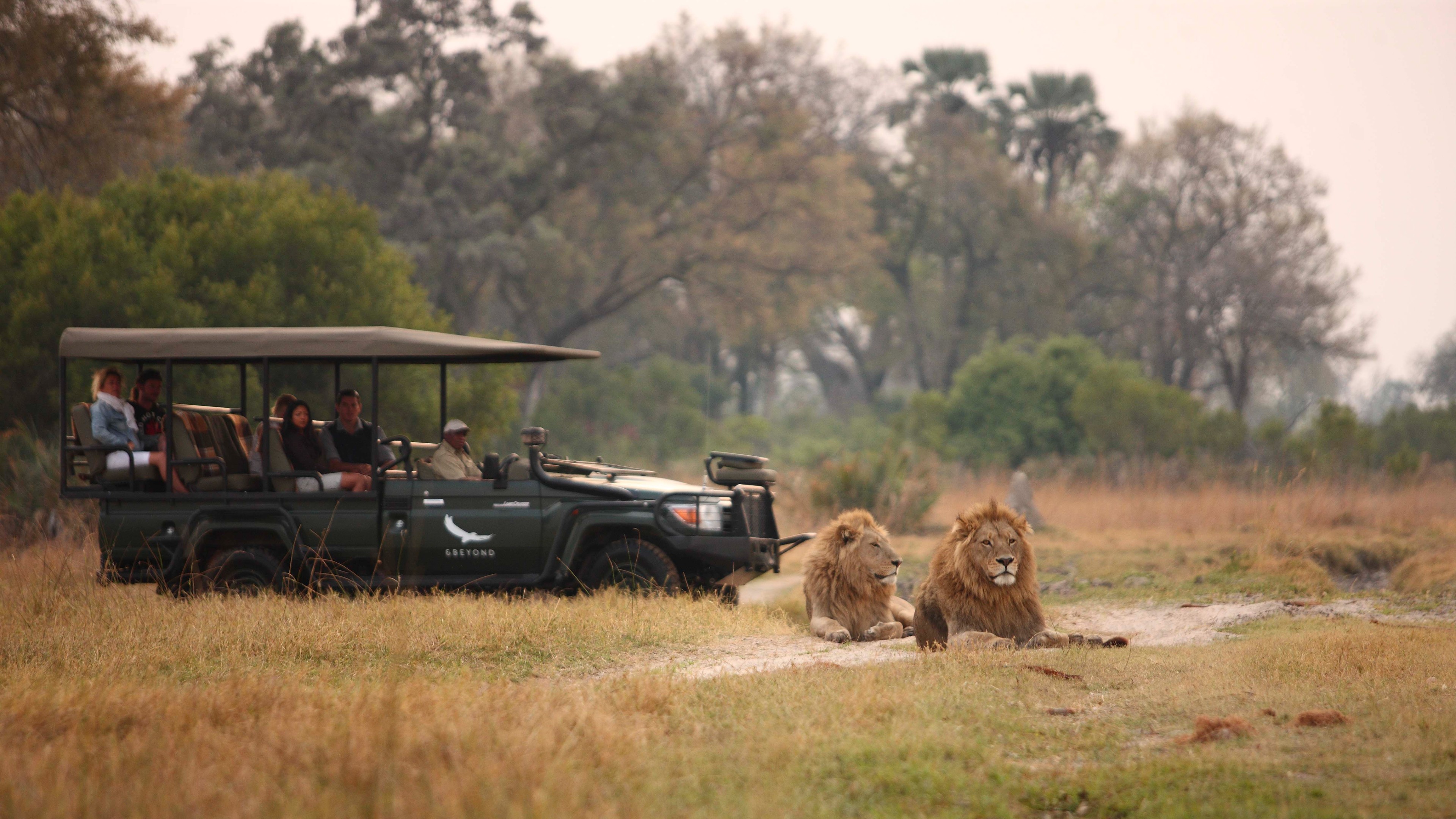 11 hotels opening in 2026 that will move you to reconnect with nature
11 hotels opening in 2026 that will move you to reconnect with natureThe Week Recommends Find peace on the beaches of Mexico and on a remote Estonian island
-
 Australia’s teens brace for social media ban
Australia’s teens brace for social media banIn The Spotlight Under-16s will be banned from having accounts on major platforms
-
 DC tourism has taken a hit
DC tourism has taken a hitUnder the Radar The government shutdown has reduced tourist attractions
-
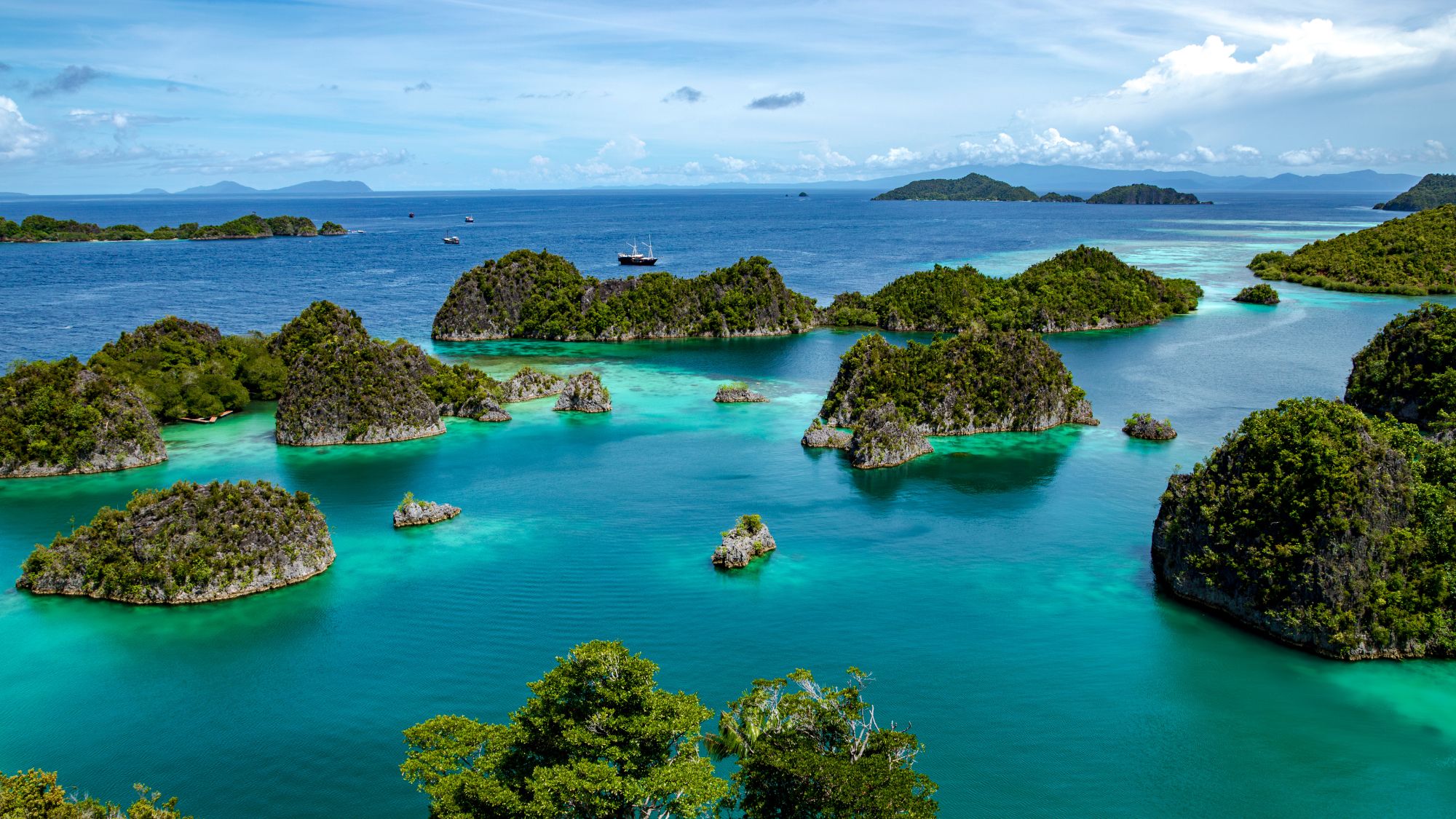 The dazzling coral gardens of Raja Ampat
The dazzling coral gardens of Raja AmpatThe Week Recommends Region of Indonesia is home to perhaps the planet’s most photogenic archipelago
-
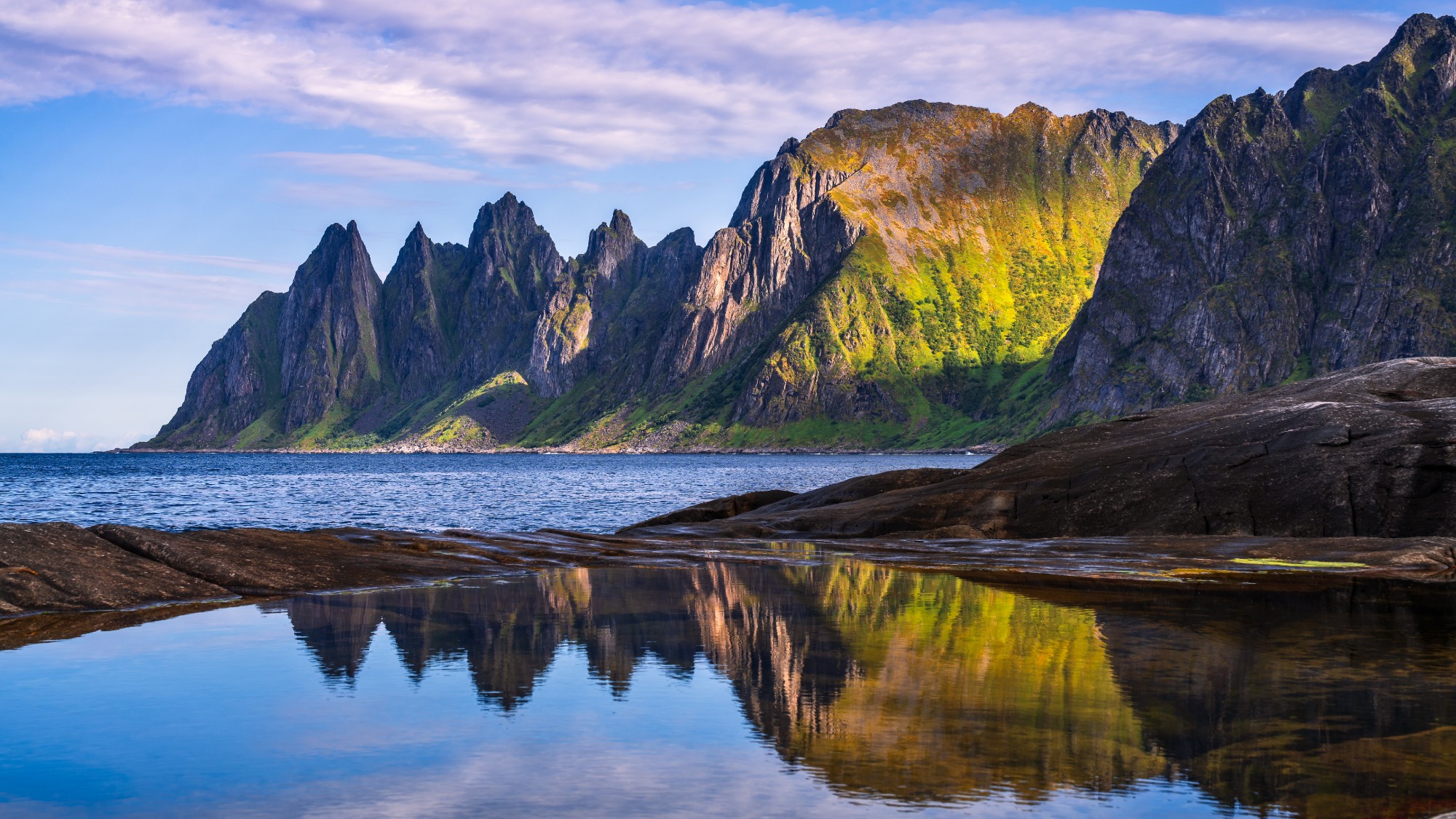 Go beyond the islands you already know in these 8 countries. Surprises await.
Go beyond the islands you already know in these 8 countries. Surprises await.The Week Recommends These destinations fly under the radar
-
 The female-led all-women tours in Afghanistan
The female-led all-women tours in AfghanistanUnder The Radar Women are 'swapping cocktails in Ibiza' for visiting a 'terror hotspot'
-
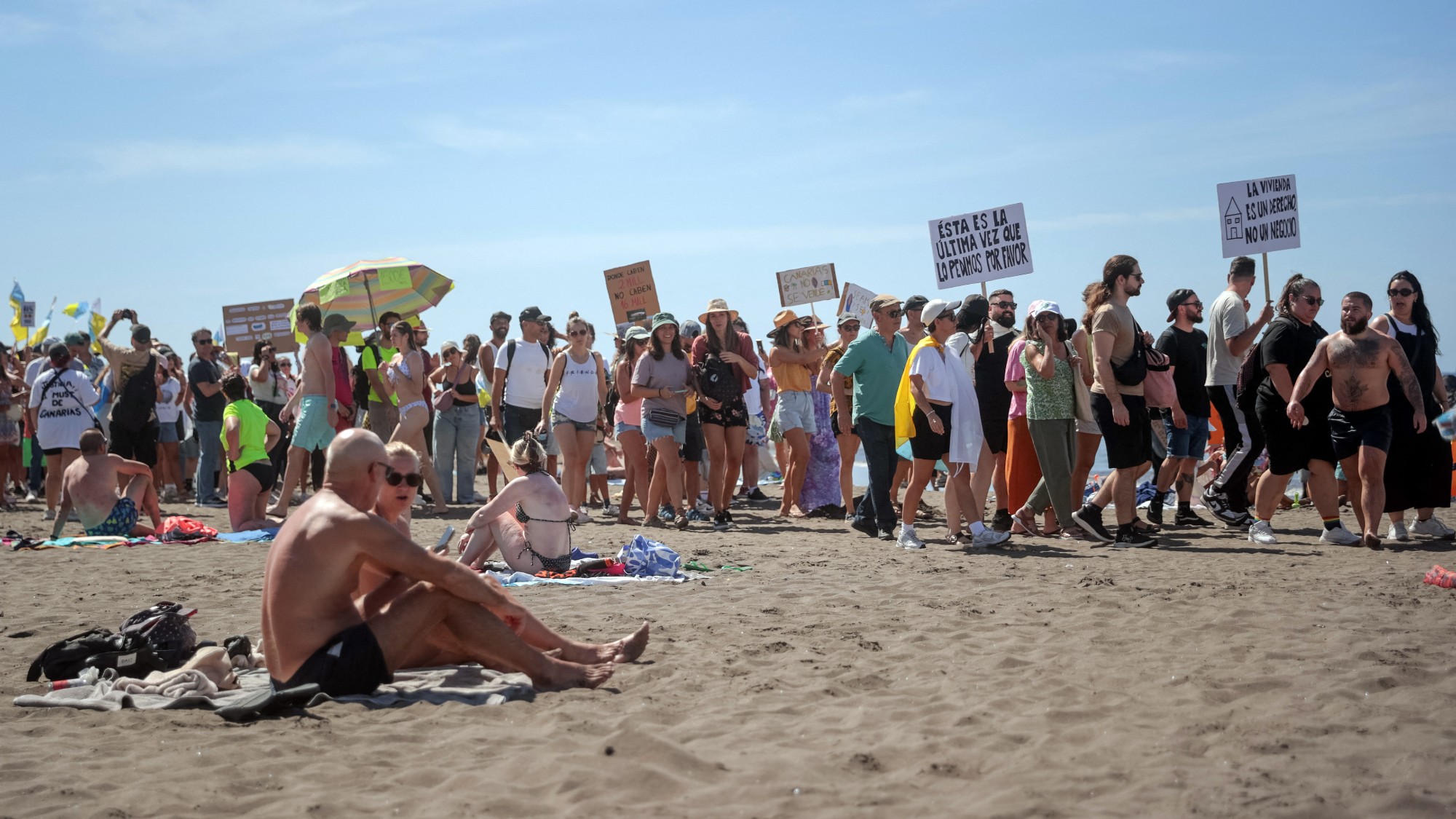 The tourist flood in the Mediterranean: can it be stemmed?
The tourist flood in the Mediterranean: can it be stemmed?Talking Point Finger-pointing at Airbnb or hotel owners obscures the root cause of overtourism in holiday hotspots: unmanageable demand